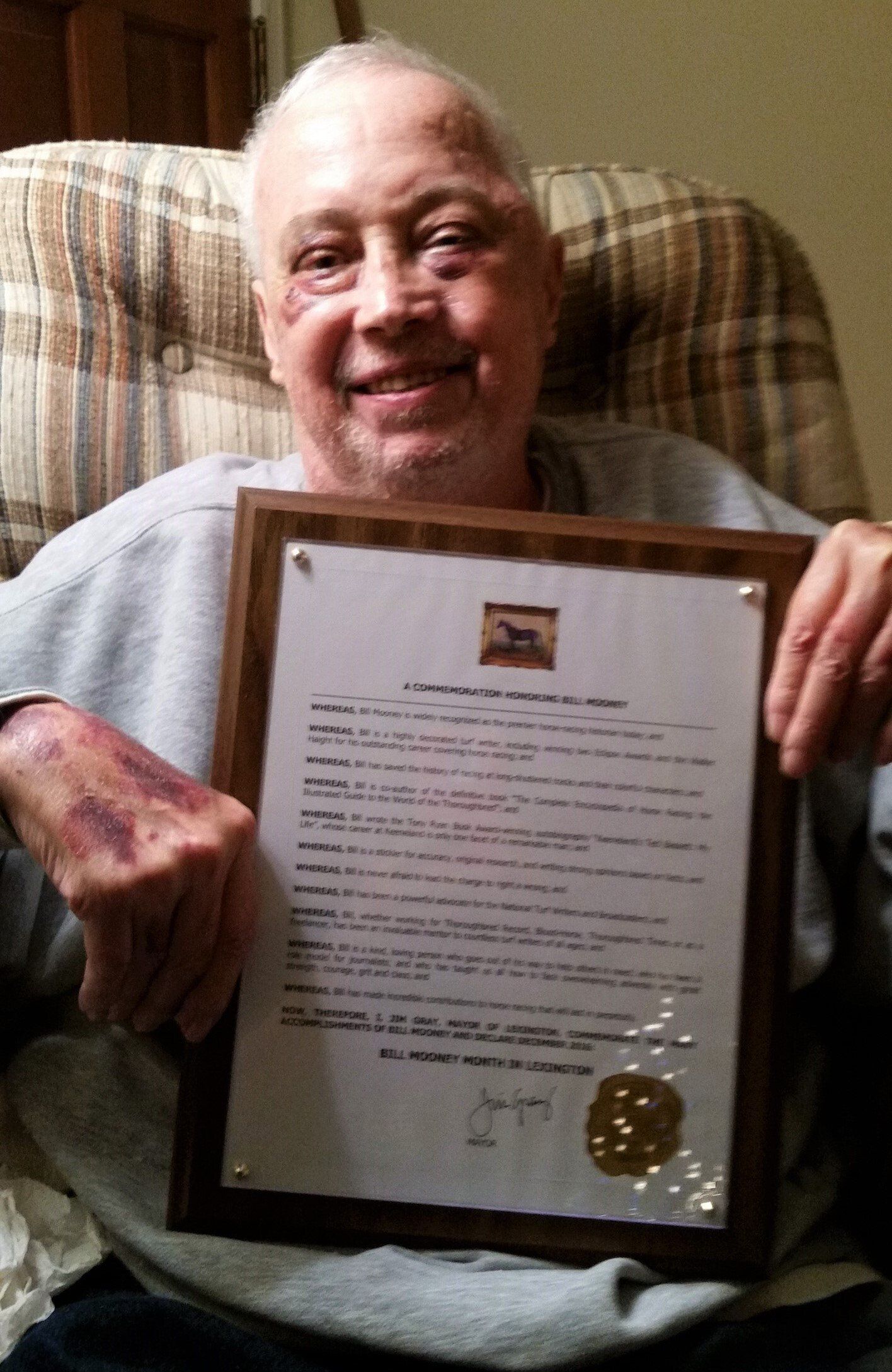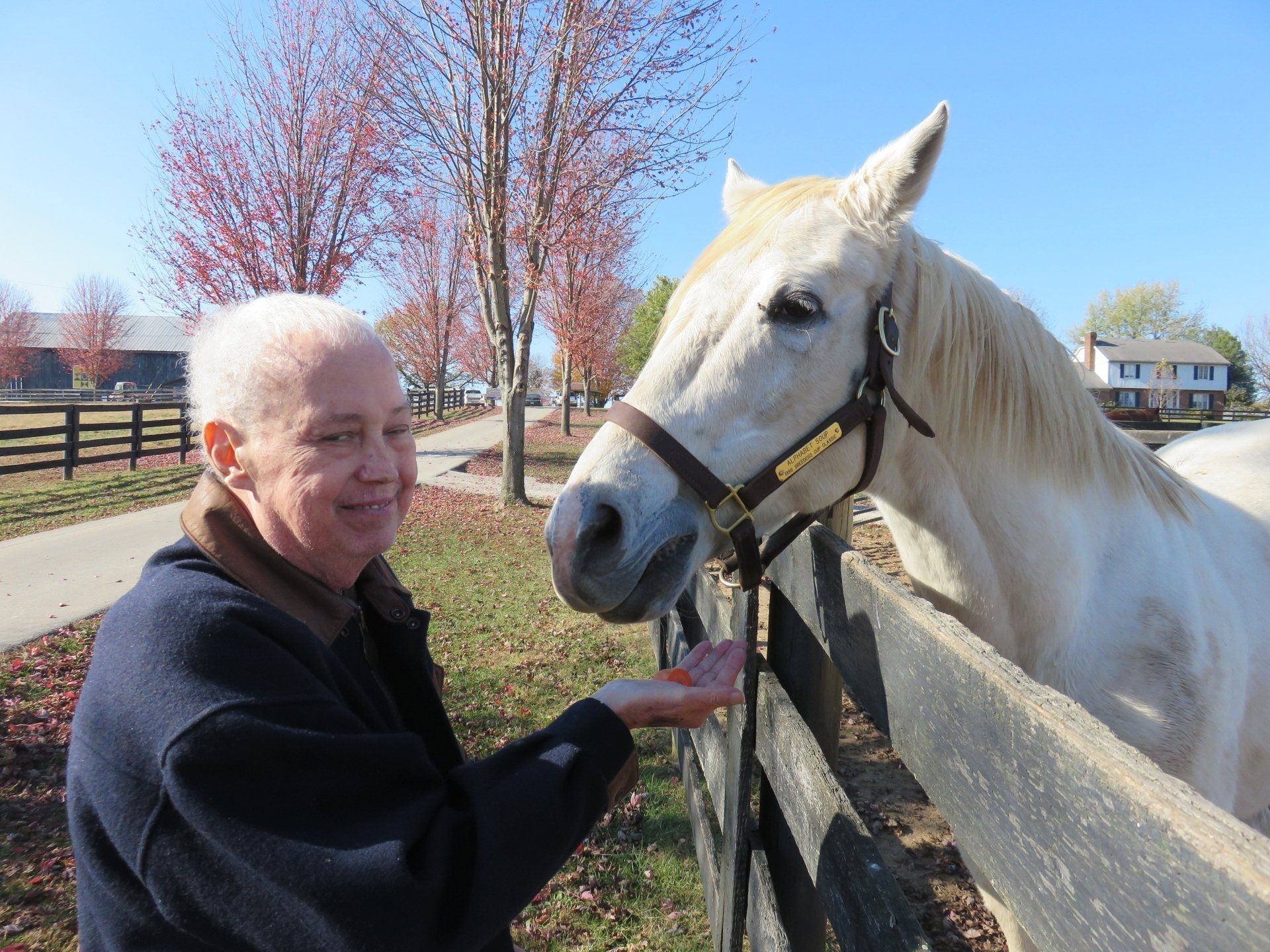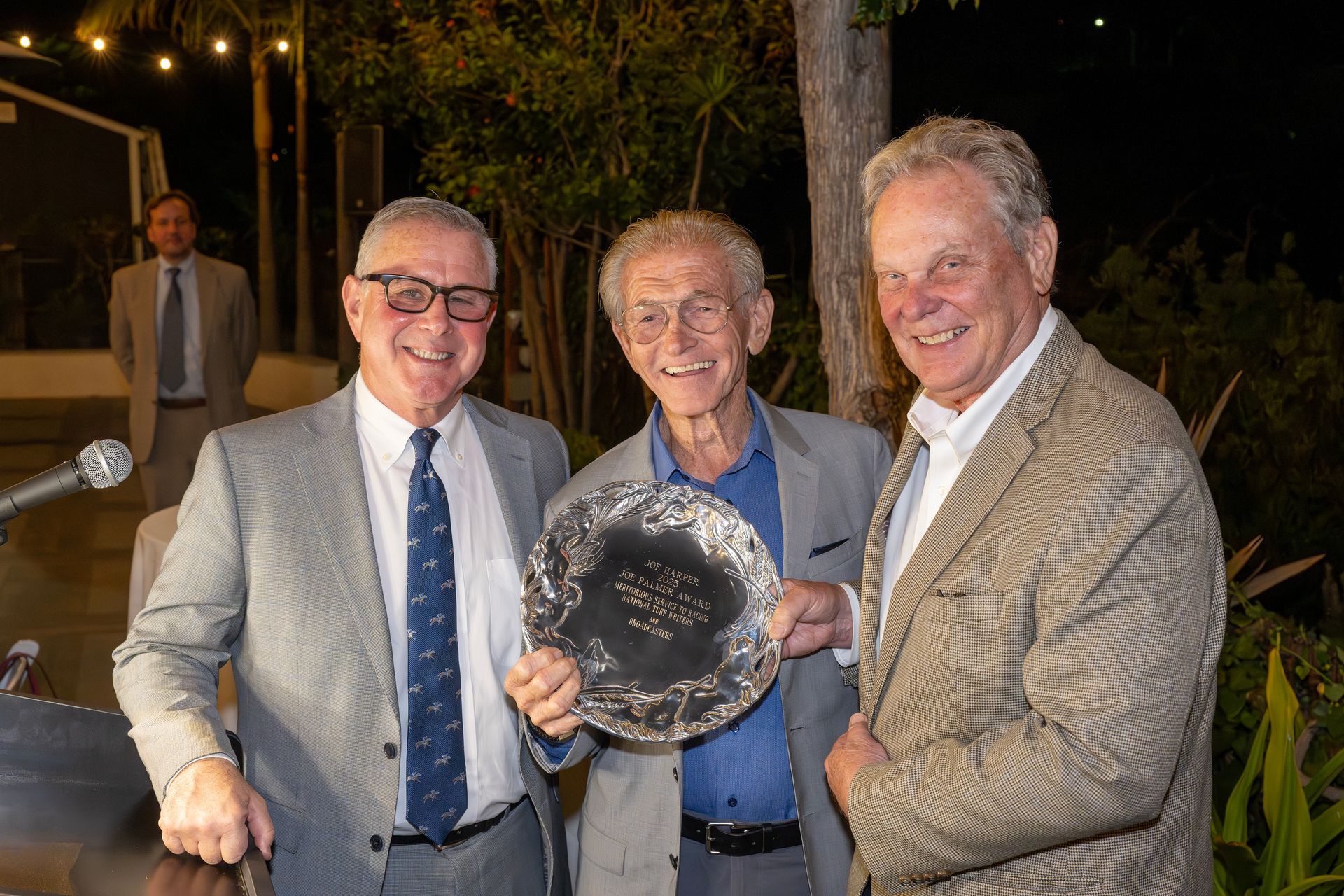Bill Mooney, the award-winning turf writer who ranks among Thoroughbred racing’s premier historians of any generation, has been recognized by Lexington Mayor Jim Gray and the Kentucky Senate for his contributions to the horse industry and courage in the face of a two-year battle with cancer.
The Senate proclamation on the motion of Sen. Reggie Thomas reads in part that Mooney “has worked tirelessly to preserve for posterity horse racing’s illustrious history, using details and descriptions which, for the reader, bring to life the colorful world of horse racing, both today and throughout history.”
Mayor Gray, in an official Commemoration (held by Mooney), declared December “Bill Mooney Month in Lexington," stating in part that the Lexington writer “is a kind, loving person who goes out of his way to help others in need; who has been a role model for journalists; and who has taught us all how to face overwhelming adversity with great strength, courage, grit and class; and … has made incredible contributions to horse racing that will last in perpetuity.”
Mooney is a two-time Eclipse Award winner, in 1985 for the quintessential story about Ellis Park that ran in Thoroughbred Record, and in 2007 for a poignant story about the euthanization of champion Precisionist at Old Friends Thoroughbred Retirement Farm in Georgetown, Ky., that ran in Post Time USA.
The native New Englander was awarded the 2012 Walter Haight Award by the NTWAB for career excellence, co-authored multiple editions of The Complete Encyclopedia of Horse Racing: The Illustrated Guide to the World of the Thoroughbred and is author of the Tony Ryan Book Award-winning Keeneland’s Ted Bassett: My Life. He also has been a racetrack publicist of note.
Mooney’s greatest legacy could be his painstaking research and colorful descriptions of long-forgotten subjects such as the end of racing in Texas in 1938 ahead of a 50-year ban and the short-lived Tri-State Fair Grounds in Huntington as the site of the first West Virginia Derby in 1923. The latter story, which can be read here, was published in the Paulick Report in August when Mooney, very ill at the time, drove six hours each way between his Lexington home and Mountaineer Park to handle publicity for the West Virginia Derby.
“One of the things that bothers me about the illness is that there are so many other stories that I wanted to write about,” Mooney said. “There was a great racetrack in Charleston, S.C., back in those days where something like four Kentucky Derby winners raced there. I so much wanted to write about that racetrack. There are a lot of lost racetracks out there that people don’t know about. It’s our history and our heritage.”
Mooney, whose magnificent and voluminous history and story-telling have been typed with one finger -- a byproduct of being in a horrific auto crash at age 15 -- sounds befuddled by the tributes, saying, “I’m an ordinary guy.”




